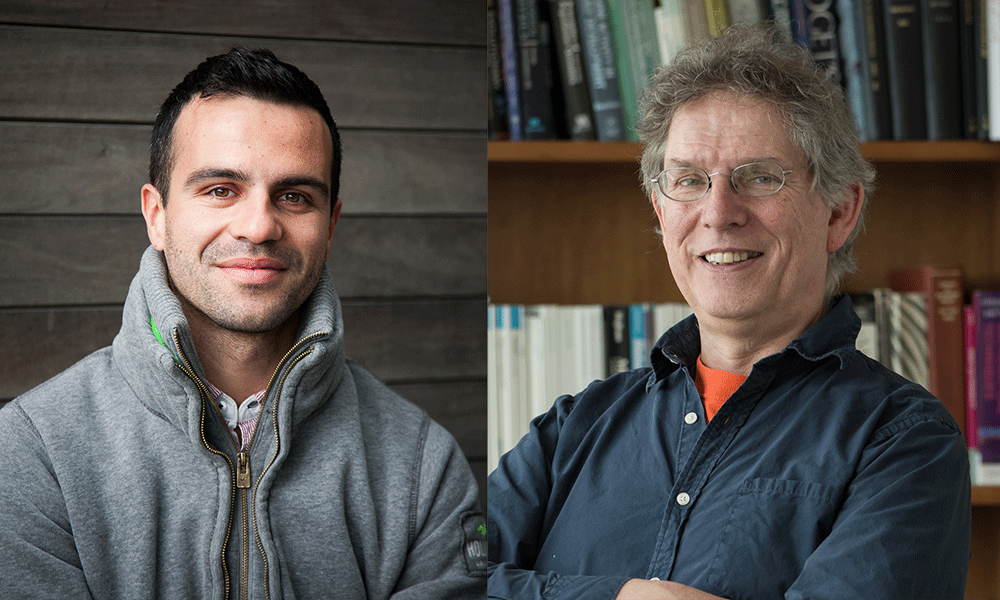We have discovered that cancer might arise faster than previously thought: by combining evolution of yeast cells and human cell culture experiments Miguel Coelho and Andrew Murray were able to show that a single-hit suffices to cause genetic instability, one of the first steps in cancer. The experiments mimic an early event during cancer development, the acquisition of genetic instability – which is characterized by a faster accumulation of mutations and genomic changes which can disrupt cancer protective genes or activate oncogenes.
So far it has been difficult to identify when and where genetic instability arises, either because the tumor samples carry many different mutations and represent a late stage of cancer development, or because studies with model organisms are focused on targeted gene inactivation. It all started from my first meeting with Andrew, who provoked me with a thought-experiment: “If we let evolution choose, how do stable cells decide to become genetically unstable?”. Catching the initial transition from stability to instability was the crucial goal, and this was done by selecting cells that are able to survive different drugs, each survival step requiring the inactivation of a “cancer suppressor” gene. Mimicking two important aspects of cancer development, the inactivation of cancer suppressors and the acquisition of drug-resistance, we evolved cells that acquired genetic instability. Using genomic analysis and genetic reconstruction we showed that a single heterozygous mutations (a mutation in one of the two copies of a gene) sufficed to cause instability. This means that, similarly to the famous anime show “One-punch man”, where the hero defeats his enemies with a single-hit, cancer might start with a single mutation. This contradicts the prevailing thinking current in the field, which states that two inactivating mutations are required for cancer onset1,2, since one mutation in an instability conferring gene accelerates the rate at which tumor suppressor genes and oncogenes are mutated.
Our work suggests that a single heterozygous mutation, in one of a large number of genes, is an easy way for cancer cells to acquire a “super-mutator” power that allows cancer to progress faster and may contribute to metastasis and therapy resistance. Initial experiments, done in collaboration with Ricardo M. Pinto, at the Center for Genomic Medicine (MGH), showed that genes homolog to the ones discovered in yeast also cause instability when inactivated in human cells. I currently plan to establish my own research group using experimental evolution systems to explore genetic instability in the context of aging (following my previous doctoral work on non-aging cells3) and cancer or pathogen resistance. In the long-term, our findings might lead to targeted therapies to delay genetic instability in specific cancer types and to prolong human healthy lifespan.
Additional references:
1 Knudson, A. G., Jr. Mutation and cancer: statistical study of retinoblastoma. Proc Natl Acad Sci U S A 68, 820-823 (1971).
2 Nordling, C. O. A new theory on cancer-inducing mechanism. Br J Cancer 7, 68-72 (1953).
3 Coelho, M. et al. Fission yeast does not age under favorable conditions, but does so after stress. Curr Biol 23, 1844-1852, doi:10.1016/j.cub.2013.07.084 (2013).
by Miguel Coelho


